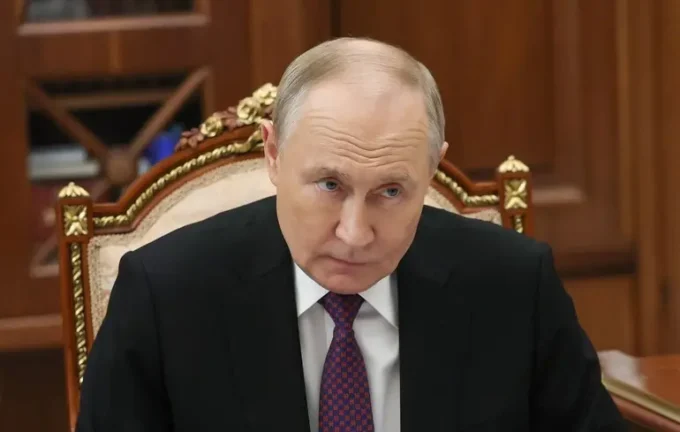Putin’s Reckless Pursuit: War to the Last — Strategy or Desperation?

The ongoing war threat stemming from Russia is not only destroying Ukraine’s resilience but also turning into a long-standing spectacle of Vladimir Putin’s political ambitions and personal vision of imperial greatness. Instead of accepting the generous peace offer proposed by Donald Trump, the Russian leader has chosen the most brutal scenario — full-scale war that has turned Eastern Europe into a bloody battleground of destruction. Russia’s summer offensive, slowly advancing toward Sum, causes devastating losses despite advancing only a few square kilometers daily; these sacrifices cost thousands of lives and military personnel injured each day. But what drives the Kremlin to persist with this relentless war? According to renowned historian and journalist Owen Matthews, the answer lies in the informational bubbles in which Putin and his inner circle operate. They are convinced that victory is possible and strategically vital if they continue fighting. Optimists hail the summer push as the end of Russia’s offensive, while realists warn that it may only be the beginning. The next major strike could target Donbas, forcing Ukraine to redistribute limited resources in an ongoing, complex 1200-kilometer frontline struggle. One of the key mysteries is how Putin’s military machinery keeps functioning despite exhaustion and poor leadership. Even patriotic Russian military bloggers report daily on the horrors of commanders sending troops into bloody “meat attacks” and demanding bribes to avoid death. Punishments for minor violations include public beatings, being thrown into pits, or tied to trees for days; those who complain often face execution or deadly missions. Generals fabricate reports claiming success in capturing villages, while logistical support on the front is in disarray, resulting in more casualties among wounded soldiers and delayed evacuations. The Russian army remains a nightmare — a brutal and corrupt force that shows resilience on the battlefield. Matthews notes that despite criticism of individual commanders, most supporters of the war remain loyal and avoid criticizing Putin. While despair, desertion, and drug abuse are common at the front, morale in the rear remains high. Both sides are like exhausted fighters in a boxing ring, trading blow after blow, hoping their opponent will run out of strength and resources. Russia, with its vast economy and manpower, seems determined to fight to the bitter end, disregarding prudence and pragmatism. Western analysts have previously indicated that Russia’s summer offensive is faltering. Despite spending significant resources and launching multi-directional attacks, the Kremlin’s plans are not delivering the expected results. The war continues to devour resources on both sides, prolonging the conflict’s brutal cycle.

